about
Self Help Africa
Our vision is for sustainable livelihoods and healthy lives for all in a changing climate
At Self Help Africa, our mission is to alleviate hunger, poverty, social inequality and the impact of climate change. We achieve this through community-led, market-based and enterprise focused approaches to agricultural development, ensuring that people with have access to:
- Nutritious food
- Decent incomes and employment
- Clean water and basic services
- All while sustaining natural resources.
Our aim is to transition communities out of long-term poverty through work that gives them greater control over their futures and provides a better quality of life. The main focus of our work is in sub-Saharan Africa, where global hunger and poverty is most acute. We believe that equitable economic development is key to ending poverty.
Our core areas of focus are:
- Sustainable landscapes, resilient food systems and healthy communities.
- Sustainable businesses, decent employment and thriving economies.
- Crisis response and resilience.
- System strengthening and an enabling policy environment.
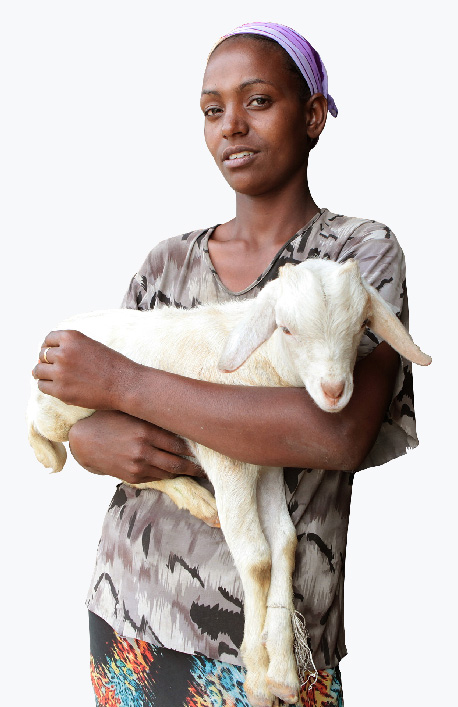

How we work
We focus on a handful of key areas where we know we can have the most impact. Find out how.
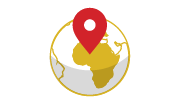
where we work
We work in nine countries across Africa. Find out more about where Self Help Africa works.
Why we exist
growing inequality
- The most recent United Nations Human Development Report puts nine out of the world’s 10 poorest countries in Africa. At the same time, global inequality is worsening. The richest 1% own nearly two-thirds of all the world’s newly-created wealth since 2020.
Gender Inequality
Women farmers own just 1% of agricultural land in Africa. They don’t have the same access not just to farmland, but also to farm training, financial services, markets where they can sell their produce, to extension services and to agricultural inputs. In Africa, many factors related to poverty, and holding back economic development, are related to gender inequality.
climate change
- People in Africa are amongst those who are least responsible for, but worst affected by climate change. Seven of the ten countries estimated to be experiencing the worst effects of global warming are in Africa, where increased temperatures, unpredictable rainfall and extreme weather events are making it harder for rural poor farming families to produce the food they need.
Agriculture is four times more effective in increasing the income of poor people than investment in non-agriculture sectors, according to the International Fund for Agricultural Development (IFAD).
Our Approach
Self Help Africa work in 15 countries in Africa, as well as Brazil and Bangladesh, to achieve sustainable livelihoods and healthy lives for all, in a changing climate. We work with local staff and partners on a range of programmes amongst rural communities, focused around:
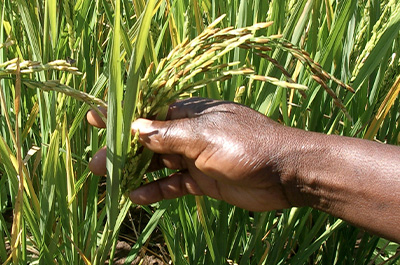
Agriculture & Nutrition
It's not just quantity, but also the quality of food that's important. A balanced diet helps families escape hunger and poverty.

Gender
Gender inequality is a major obstacle to improved outcomes. We are working to level that playing field.

Climate Change
As farming depends on rainfall, a major part of our work is helping vulnerable communities adapt to climate change.

Enterprise Development
Enterprise development is at the core of our work. Linking farmers to the market is key to improving 'the bottom line'.
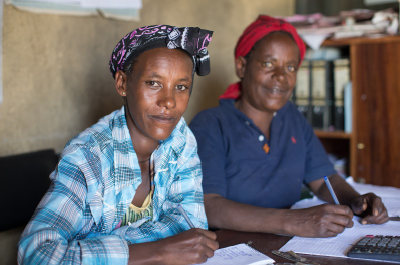
Micro Finance
Access to affordable micro-financeis vital if smallholders are to invest in developing their farming businesses.
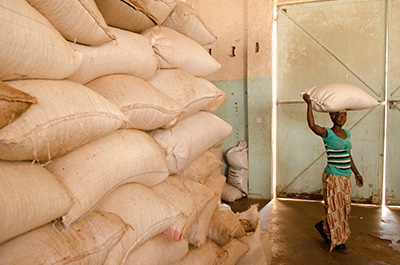
Cooperative
By working together in cooperatives and producer groups, small scale farmers can access better prices for their crops.

WASH
Safe drinking-water, sanitation and hygiene (WASH) are crucial to the health and well-being of farming communities.





